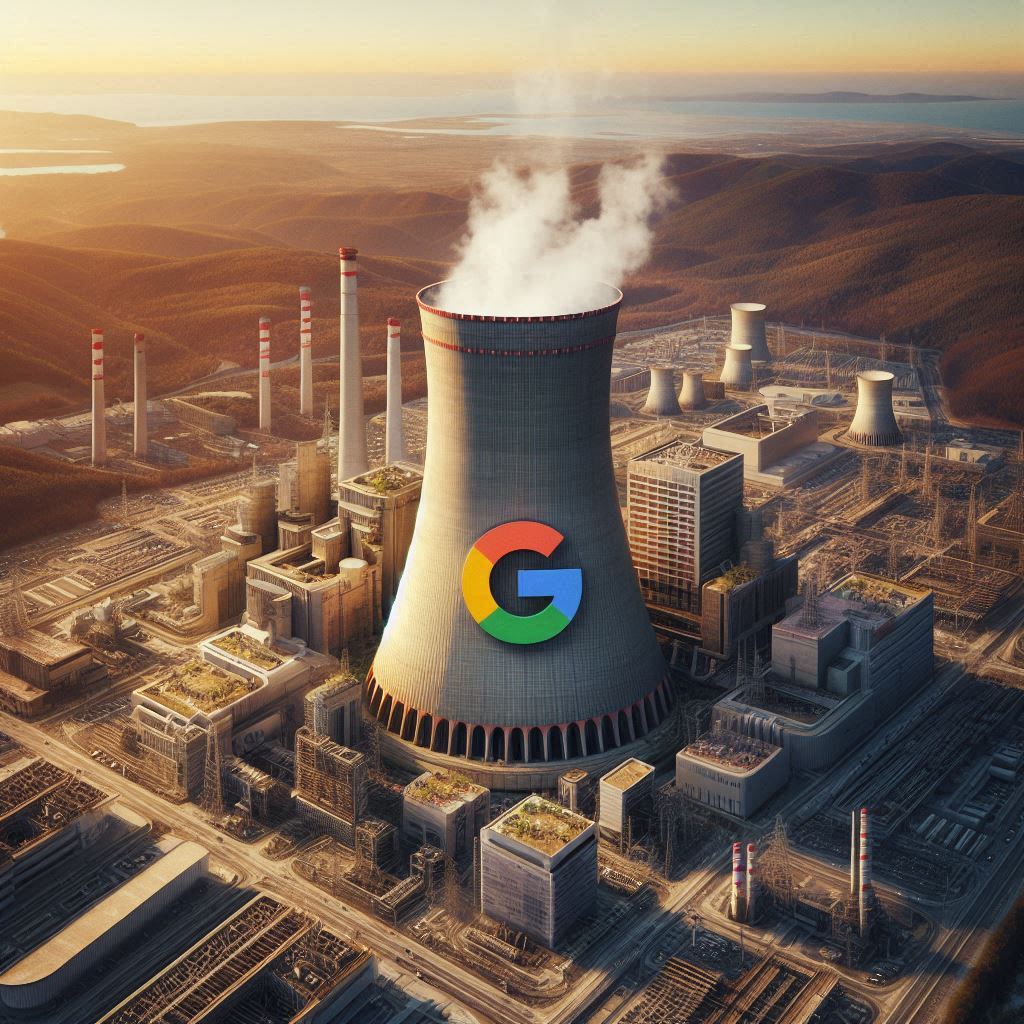
Google, Kairos Power, and the Tennessee Valley Authority (TVA) have entered into an agreement to supply nuclear power to data centers in the United States. The agreement is part of the two tech giants’ strategy to find sustainable sources of clean energy to meet the growing demand for computing power due to the development of artificial intelligence.
Kairos Power is building a 50-megawatt reactor in Tennessee that will power the TVA grid, which in turn will supply power to Google’s data centers in Alabama and Tennessee. There will be no direct supply to Google; The company will receive attribution certificates proving it has injected an equivalent amount of clean energy into the grid to offset the use of gas and other fossil fuels.
Thanks to the agreement, TVA becomes the first US company willing to purchase electricity from a Generation IV reactor, a technology that promises greater fuel efficiency and less waste than existing nuclear power plants.
IT companies are increasingly interested in nuclear energy. Amazon, Meta, and Microsoft have already signed their own contracts in this sector. Last week, data center operator Equinix signed an agreement to purchase 500 MW from Oklo and ordered 20 reactors from Radiant Nuclear.
Mike Laufer, CEO of Kairos Power, said the partnership with Google and TVA is “important to making advanced nuclear technology commercially competitive.”
Kairos designs small modular reactors (SMRs), each with a power output of less than 300 MW. They can be mass-produced and transported to site. Hermes 2, the company’s new plant using molten fluoride salts for cooling, received construction approval from the U.S. Nuclear Regulatory Commission in November 2024.
The Hermes project is supported by the U.S. Department of Energy, which is investing approximately $300 million through the Advanced Reactor Demonstration program. This is part of a government initiative to accelerate the deployment of new nuclear technologies, given that the country has only started operating three reactors in the last 20 years.
The agreement with Google is the first step in Kairos’ plan to provide up to 500 MW of capacity. The company hopes to have its first commercial reactor operational by 2030, followed by subsequent reactors by 2035.
The agreement will help meet the needs of the digital economy while strengthening the energy grid with “robust, carbon-free generation,” said Amanda Peterson Corio, head of Google’s data center energy programs.
The introduction of new technologies is crucial to the progress and development of any society. As highlighted in numerous studies and reports, the rapid and efficient adoption of innovative technologies can have a significant impact on economic growth, employment, and the quality of life of citizens. In this sense, it is essential that institutional actors, businesses, and academics collaborate to create an environment conducive to innovation, reducing regulatory and bureaucratic barriers that can slow the introduction of new technologies.
However, the introduction of new technologies also requires a careful assessment of the social and environmental impacts that may arise from their adoption. It is therefore essential that innovation efforts be accompanied by a thorough analysis of the possible consequences, in order to prevent or mitigate any negative effects. This requires an interdisciplinary approach and strong collaboration between experts from different fields, from engineering sciences to social sciences.
Follow us on Google News to receive daily updates on cybersecurity. Contact us if you would like to report news, insights or content for publication.
